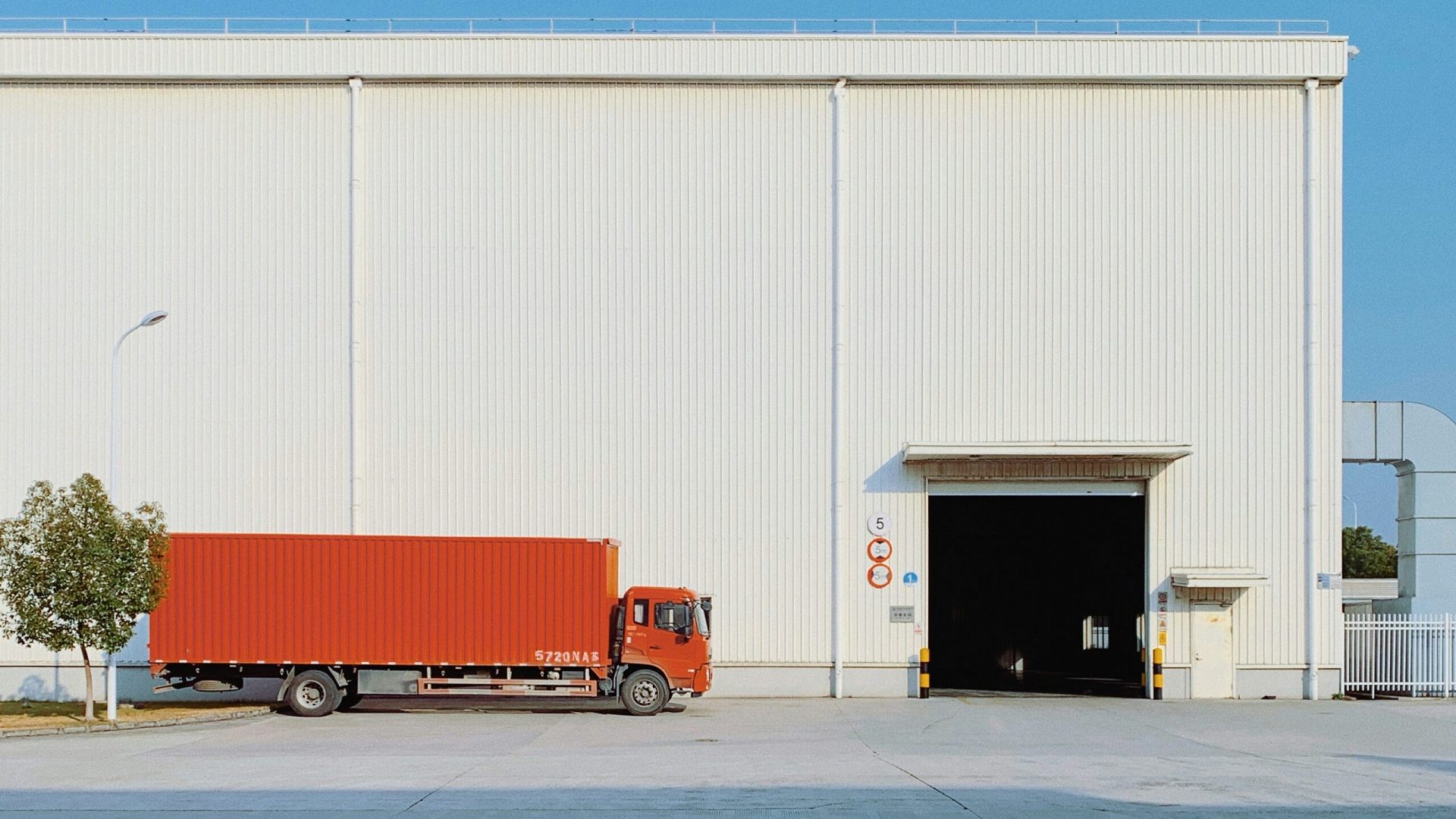
Streamlining Logistics: The World of 3PL in the Philippines
In the Philippines, the logistics sector is undergoing a significant transformation, marked by the rising prominence of Third-Party Logistics (3PL) providers. This blog aims to provide an in-depth exploration of 3PL, offering insights into what it is, considerations for choosing a 3PL partner, and a balanced analysis of the advantages and disadvantages
What is 3PL?
Third-Party Logistics (3PL) in the Philippines involves outsourcing logistics and supply chain management functions to specialized external providers. These services encompass transportation, warehousing, distribution, order fulfillment, and value-added services. The goal of 3PL is to streamline supply chain operations and enhance overall efficiency.
Importance of 3PL in the Philippines
In the Philippines, the importance of 3PL cannot be overstated. It plays a vital role in streamlining supply chain operations, reducing costs, and ensuring overall efficiency. As businesses strive to remain competitive in the local market, partnering with a reliable 3PL provider becomes a strategic imperative.
How to Choose a 3PL in the Philippines
Choosing the right 3PL partner in the Philippines requires careful consideration of several factors:
- Local Expertise: Opt for a 3PL provider with local expertise to navigate the unique challenges and requirements of the Philippine market.
- Technology Integration: Ensure the chosen 3PL provider integrates advanced technologies, enabling seamless tracking, inventory management, and reporting.
- Scalability: Choose a 3PL partner capable of scaling operations to accommodate the dynamic nature of the Philippine market.
- Regulatory Compliance: Verify that the 3PL provider complies with local regulations and has a solid understanding of customs and import/export requirements.
Advantages of 3PL in the Philippines
- Efficiency Gains: Outsourcing logistics functions allows businesses to focus on their core competencies, leading to increased overall efficiency.
- Cost Savings: Leveraging the expertise and resources of a 3PL provider often results in cost savings compared to managing logistics in-house.
- Access to Expertise: 3PL providers bring specialized knowledge and experience, ensuring that logistics operations are handled with precision and efficiency.
Disadvantages of 3PL in the Philippines
- Loss of Control: Outsourcing logistics involves relinquishing some control over the supply chain, which may be a concern for businesses that prefer hands-on management.
- Dependency on External Partners: Relying on third-party providers makes a business vulnerable to disruptions, such as strikes, natural disasters, or financial instability of the 3PL provider.
The Role of TMS in Enhancing Philippine Logistics
Transportation Management Systems (TMS) play a pivotal role in optimizing logistics operations in the Philippines, offering benefits such as:
- Route Optimization: TMS helps determine the most efficient transportation routes, reducing fuel costs and transit times in the country’s varied and dynamic geography.
- Real-Time Visibility: TMS provides real-time visibility into the transportation process, allowing for better tracking and monitoring of shipments, crucial in a country with diverse transport networks.
- Cost Management: With TMS, businesses can manage transportation costs more effectively through accurate rate negotiation and analysis, particularly important in a market with varying cost structures.
- Data Analytics: TMS enables data-driven decision-making by providing analytics on key performance indicators, helping businesses identify areas for improvement and adaptation in the local market.
Conclusion
Leading Philippine companies like Jollibee, Angel’s Pizza, SuySing, San Miguel Logistics, MDI, and Zuellig Pharma stand out as industry innovators. These companies have made innovative choices by adopting TMS, specifically Zyllem, to enhance their logistics operations. Their success stories serve as a testament to the transformative power of technology in navigating the unique challenges of the Philippine logistics landscape. As the industry continues to evolve, these examples inspire others to embrace innovative solutions for a more efficient and competitive logistics future in the Philippines.



